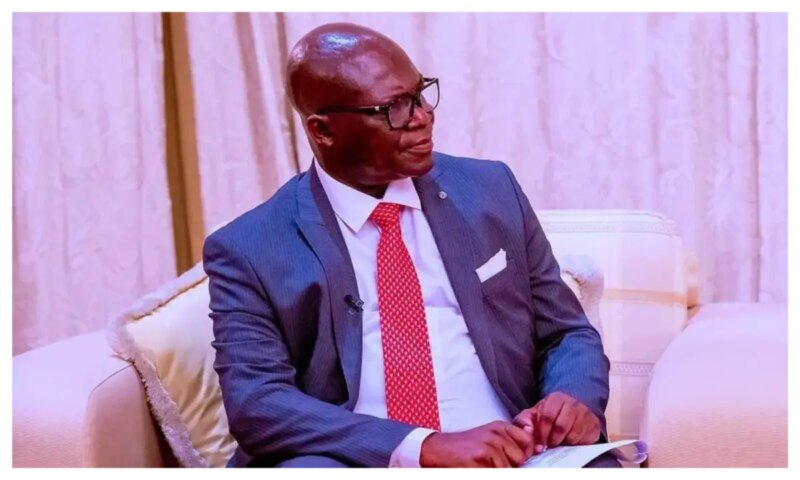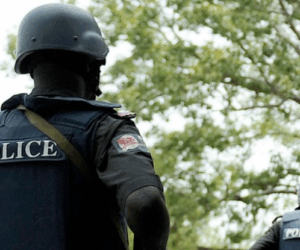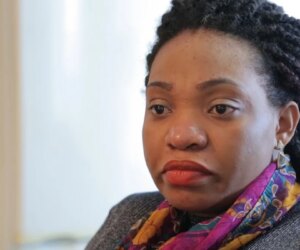Veteran journalist and former presidential aide, Reuben Abati, has said that the terrorism conviction of the leader of the Indigenous People of Biafra (IPOB), Nnamdi Kanu, is far from concluded, despite reports suggesting otherwise.
Abati stressed that the case has not ended, as Kanu still has the right to appeal to the Court of Appeal and possibly the Supreme Court. He, however, warned that overturning the judgment may be difficult based on precedent.
Speaking on Friday during Arise Television’s Morning Show, Abati explained that Kanu was prosecuted under the Terrorism Prevention Amendment Act of 2013, which prescribes the death penalty for terrorism and treason related offences.
He added that the matter also carries political dimensions and suggested that President Bola Tinubu may eventually come under pressure to exercise the prerogative of mercy, either by granting a pardon or commuting the sentence.
Abati said the certified true copy of the judgment spans 144 pages and shows that Kanu was convicted on all six counts under the 2013 Act. He added that the complexity of the trial, which passed through five judges, was compounded by Kanu’s decision to dismiss his legal team.
According to him, the court found that the prosecution proved its case and that Kanu, who was asked to enter his defence, not only sacked his lawyers but also behaved confrontationally during proceedings.
Abati said:
“Nnamdi Kanu was charged under the old law, the 2013 law, Terrorism Prevention Amendment Act, and under that law, the punishment for terrorism, for treason, is the death penalty. And that is why a woman, a loyal SAN, who is the lead prosecutor for the federal government, insisted that the Court of Justice Omotosho should have applied that old law, because it was under that law that he was charged. Justice Omotosho’s judgment, the certified true copy, is about 144 pages. I have just tried to take a random look at it, and he convicted Nnamdi Kanu on all six counts, counts one to six, and the reference in all of those counts is the Terrorism Prevention Amendment Act of 2013.
“However, the big issue is about how the trial had gone, five judges, and now we have reached this stage at the Federal High Court. The main issue is the fact that the accused person himself dismissed his legal team. Perhaps, if Kanu Agabi and the rest of the defence team had been allowed to defend him, the outcome may well have been slightly different.
“There was some talk about written address under Administration of Justice Act of 2015, that is discretionary. A case is not determined on the basis of written address, it is determined on the preponderance of evidence. The judge ruled that the prosecution had proven its case and provided enough evidence to show that Kanu needed to be convicted. In any case, he was left with no option because the accused person was asked to enter a defence. He not only sacked his lawyers, he also behaved in a very confrontational manner in court.
“I have seen some reports saying the case has ended. The case has not ended. Mazi Nnamdi Kanu has the option of going to the Court of Appeal. He can even go all the way to the Supreme Court. If you look at precedent, it will be very difficult to overturn the evidence from the lower court. The position expressed by Justice Omotosho shows that this matter has not ended because of the political dimension to it. I see a situation whereby, at the end of the day, President Bola Tinubu will be pressured to apply the prerogative of mercy, grant a pardon, or perhaps commute the sentence, or the federal government can take other actions, having refused to interfere in the judicial process by activating Section 174 of the 1999 Constitution, which gives the Attorney General the power to withdraw the case.
“As I said, this story has not ended. We will see what happens eventually. But President Tinubu can just grant a pardon or commute the sentence, and then the political part can come in. The President will say the judicial process has gone this way. Okay, let us look at this option. My personal opinion, I am not saying that it is what will happen.”








